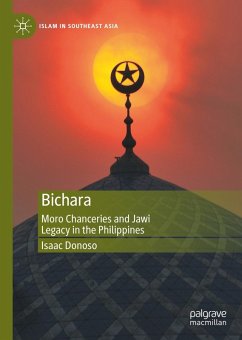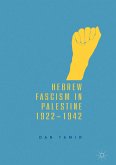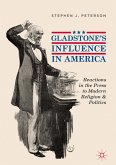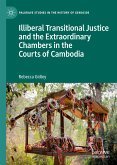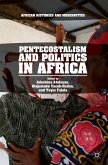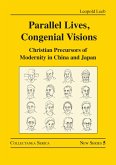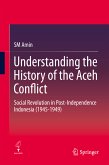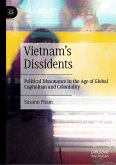This book focuses on the written heritage of Muslims in the Philippines, the historical constitution of chancelleries within the Islamic sultanates, and the production of official letters to conduct local and international diplomacy. The standard narrative on Muslims in the Philippines is one that centres political and armed struggles within the region. However, two important aspects remain unattended: the cultural and intellectual production of the sultanates, and the Moro involvement in Southeast Asian Islamic civilization. This book connects the development and personality of the Philippine sultanates into the regional context of local communities that adopted an international faith. Political alliances and religious missions altered different ethnolinguistic groups and furnished them with the Word, the Qur'anic message, and the Arabic script. Indeed, customary orality and Adab shaped a way of being and acting modelled after what wascalled the Bichara. Particularly, the book studies the Moro Letter as cultural craft with political meaning, and Jawi heritage in the Philippines. A general catalogue of Jawi manuscripts from the National Archives of the Philippines is provided as appendix.
Isaac Donoso, PhD, specializes in Philippine and Islamic Studies. He is the author of Islamic Far East: Ethnogenesis of Philippine Islam (2013) and editor of More Islamic than We Admit: Philippine Islamic Cultural History (2017). He is a Professor of Arabic and Islamic Studies at the University of Alicante in Spain.
Dieser Download kann aus rechtlichen Gründen nur mit Rechnungsadresse in A, B, BG, CY, CZ, D, DK, EW, E, FIN, F, GR, HR, H, IRL, I, LT, L, LR, M, NL, PL, P, R, S, SLO, SK ausgeliefert werden.

